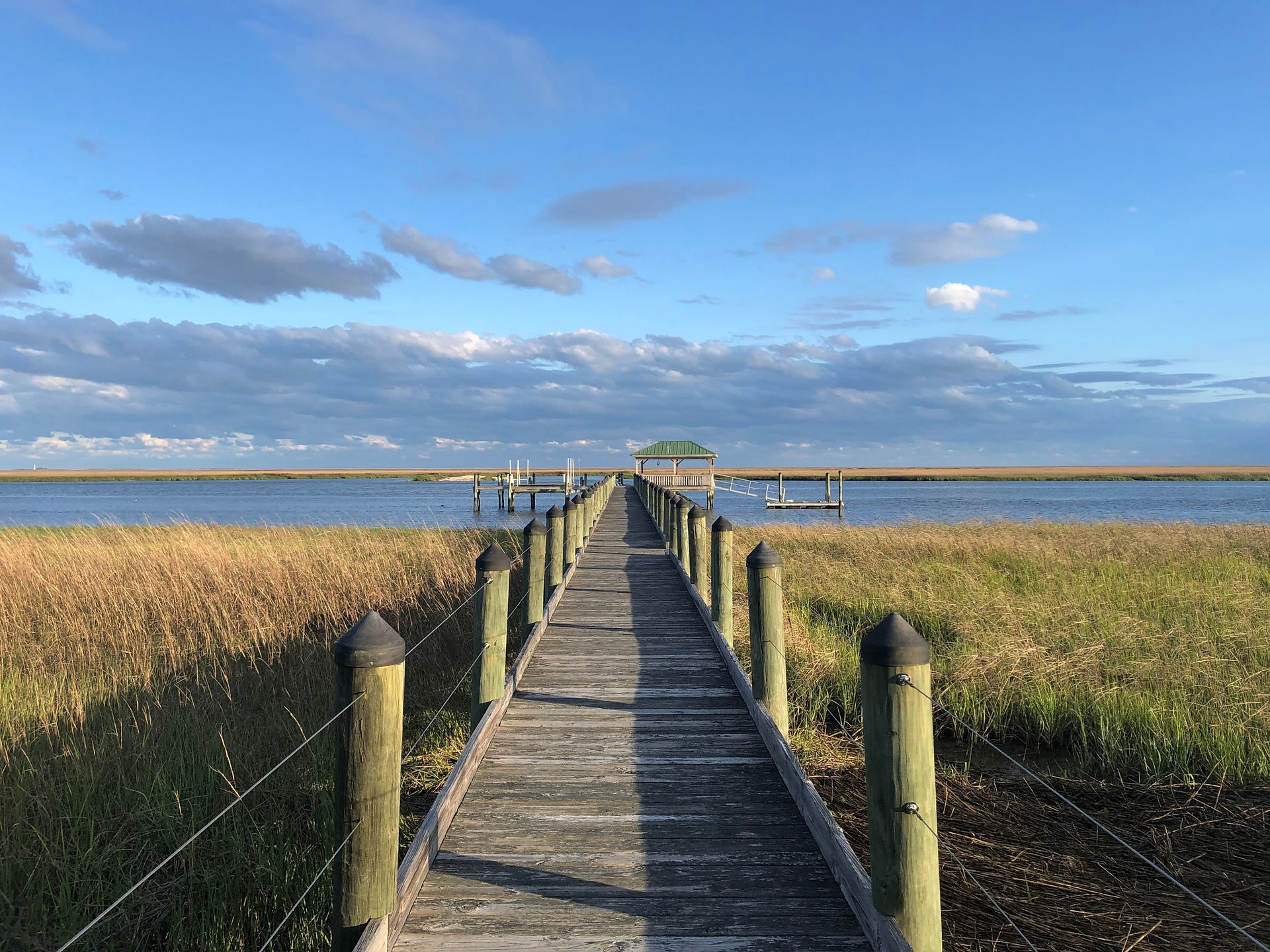On Curiosity as a Discipline
- Caroline Mauldin
- Jun 26, 2025
- 3 min read

“Curiosity is the compass that leads us to our best work. Judgment is the jailer.”
— Liz Wiseman
Notions & Contemplation
Recently, I witnessed the quiet power of curiosity—twice, in the span of a week. In both moments, tension was thick. The kind of interactions when you can almost feel the energy seeping out of the room—shoulders stiffen, breath shortens, eyes narrow. You know the kind.
Then, something small but radical happened: someone chose curiosity over judgment. They paused. Asked a question instead of making a point. Softened their tone. Invited the other person in, rather than backing them into a corner. And just like that, everything shifted: the mood, the conversation, the possibility.
What started as a joy-drain became something else entirely—a spark of understanding, even a reparative bond. Not because everyone agreed, but because they felt seen. Both instances reminded me that curiosity isn’t just a personality trait or a passing impulse—it’s a discipline. A choice. A posture we can practice, especially when it's inconvenient.
The Heart of the Matter
Curiosity as a discipline requires three kinds of internal movement:
1. Moving from judgment to inquiry
Instead of “What were they thinking?” we ask, “What might they be carrying?” It doesn’t excuse harm, but it opens a door to insight—and possibly, connection.
2. Moving from certainty to complexity
Certainty feels righteous. Curiosity invites humility. It means we risk learning something that disrupts our tidy categories.
3. Moving from reaction to reflection
A deep breath. A half-second pause. The moment where we ask, “What else might be true?”—and let that question lead us.
Practicing the Practice
If you’re feeling a little low on curiosity these days, you’re not alone. Our current culture doesn’t exactly reward it. (Hot takes, anyone?) This kind of inquiry doesn’t always arrive naturally. But it can be summoned. Here are a few micro-practices I’ve found helpful:
Notice your language. You’ve heard this one before. Absolutes like always, never, obviously are usually a signal to pause.
Swap critique for inquiry. Replace “why would they…?” with “what might I not know?”
Keep a “confounding moments” journal. Instead of solving them, just write them down. Let them sit.
Ask a question you don’t already know the answer to. Especially in conversations with children, team members, or partners. It’s a powerful gesture of respect.
So here’s to curiosity as a muscle, not a mood. As a practice, not a passing thought. And here’s to the leaders—and all humans—who resist the pressure to know it all and instead model the courage of not knowing, but wanting to understand. Because when curiosity leads, connection often follows. And in these noisy, divided, too-fast times, that may be the most radical choice we can make.
Onward,

On My Playlist + Feed + Calendar
🎧 A Slight Change of Plans, a podcast hosted by cognitive scientist Maya Shankar, is a study in genuine, wide-open listening. This episode with Mel Robbins is a great on-ramp to her book “Let Them,” which everyone I know is reading right now.
💬 Esther Perel is a brilliant psychotherapist and expert on modern relationships. Her storytelling card game, “Where Should We Begin,” is proving to be the best party trick I’ve ever found. Gather a group, deal the hands, and watch the magic unfold. Even the reserved introverts enjoy themselves!
📖 The July-August 2025 edition of Harvard Business Review arrived in my mailbox this week, and, in a shocking turn of events, I read the entire thing cover to cover! Two articles particularly resonated with me, both touching on themes I’ve contemplated here in the last couple of months: The Conflict-Intelligent Leader and Achieve DEI Goals without DEI Programs








Comments